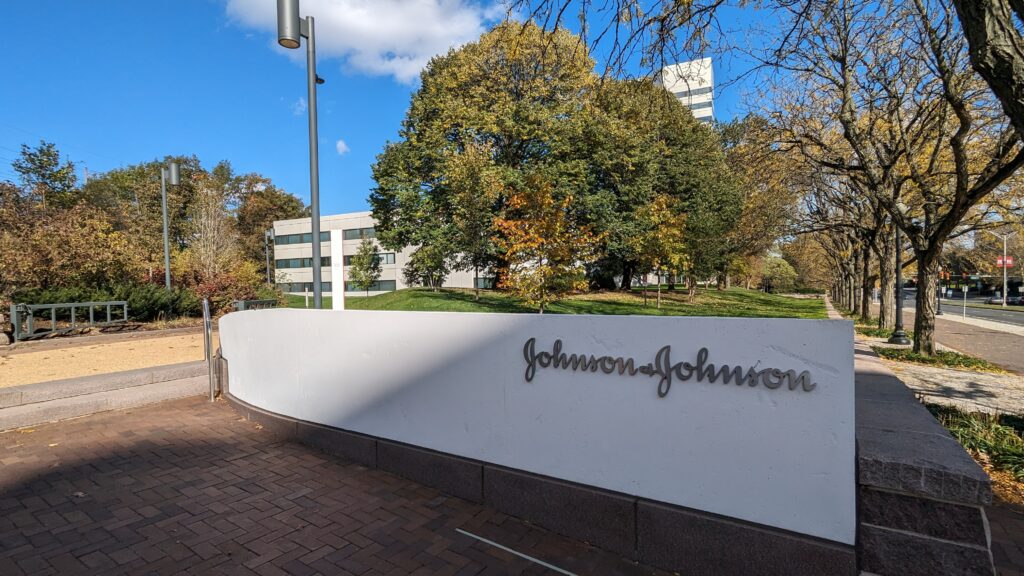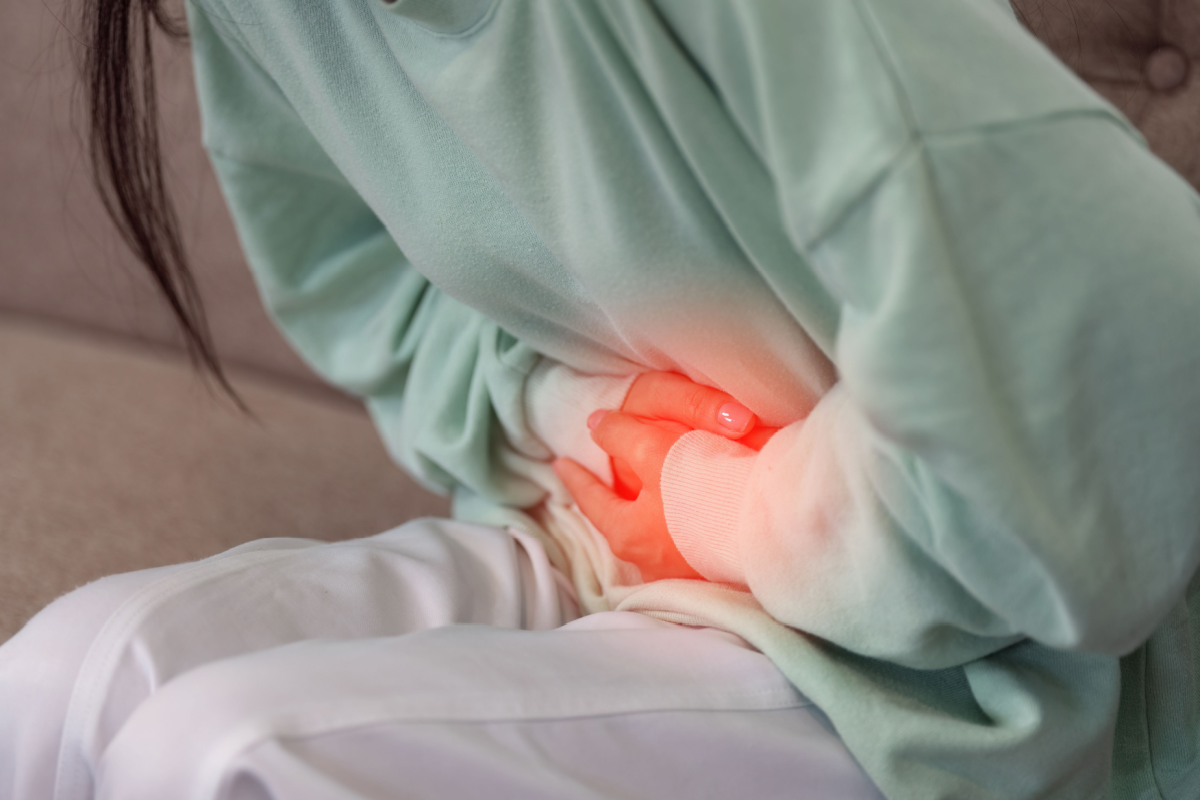Johnson & Johnson (J&J) filed a lawsuit against Samsung Bioepis this week, alleging a breach of contract concerning the biosimilar version of its top-selling autoimmune drug, Stelara (ustekinumab).
The lawsuit, submitted on February 24 in the US District Court of New Jersey, contends that Samsung Bioepis authorized a third-party health conglomerate to market a private-label biosimilar of Stelara without J&J’s consent, violating their existing agreement.
In November 2024, J&J’s subsidiary, Janssen Biotech, reached a settlement permitting Samsung Bioepis to launch its biosimilar, Pyzchiva, in the US starting February 22, 2025.
J&J asserts that Samsung Bioepis breached the settlement by secretly authorizing an additional private-label biosimilar through a third-party company, which J&J claims could unfairly disrupt competition and diminish Stelara’s market share.
A J&J spokesperson explained that the problem is not the biosimilar, but that Samsung Bioepis is sublicensing a second, additional product to a pharmacy benefit manager’s (PBM) private label distributor.
Related: Celltrion’s Steqeyma Approved as Stelara Biosimilar for Psoriasis
Stelara, which has been J&J’s leading revenue generator since 2019, is approved to treat conditions such as moderate to severe plaque psoriasis, active psoriatic arthritis, Crohn’s disease and ulcerative colitis.
Hitting the market in 2009, Stelara achieved more than $10 billion in sales in 2024.
The lawsuit came on the day of the launch announcement of Pyzchiva on Monday, an authorized Stelara biosimilar from Samsung Bioepis and its commercialization partner, Sandoz.
The unnamed third party is described as a subsidiary of a “vertically integrated health conglomerate” that encompasses one of the largest insurers and providers in the US, as well as a major pharmacy chain and a PBM.
As part of the lawsuit, J&J is seeking both preliminary and permanent injunctions to prevent the launch of this private-label biosimilar in the US, along with financial damages.
This year will see the launch of a number of Stelara biosimilars.
But J&J hasn’t made it easy as the company battled out a number of them in court to delay their launches. J&J came to settlements with Alvotech and Teva to prevent them from marketing biosimilars until 2025 in the US.
However, in Europe, the first ones made their market debuts last summer, including Alvotech and Stada’s Uzpruvo.
In the US, Amgen’s biosimilar Wezlana launched on January 1, marking the first Stelara biosimilar in the country. This was followed by Teva and Alvotech’s Selarsdi last Friday and now, Samsung Bioepis and Sandoz’s Pyzchiva.
Celltrion’s Steqeyma received FDA approval in December 2024 and is also set to launch this year.
If you want your company to be featured on Xtalks.com, please email [email protected].












Join or login to leave a comment
JOIN LOGIN